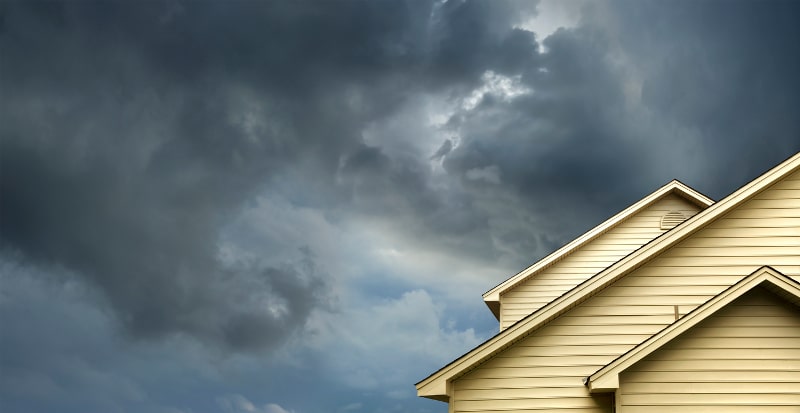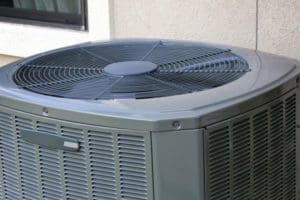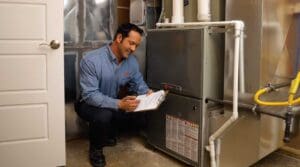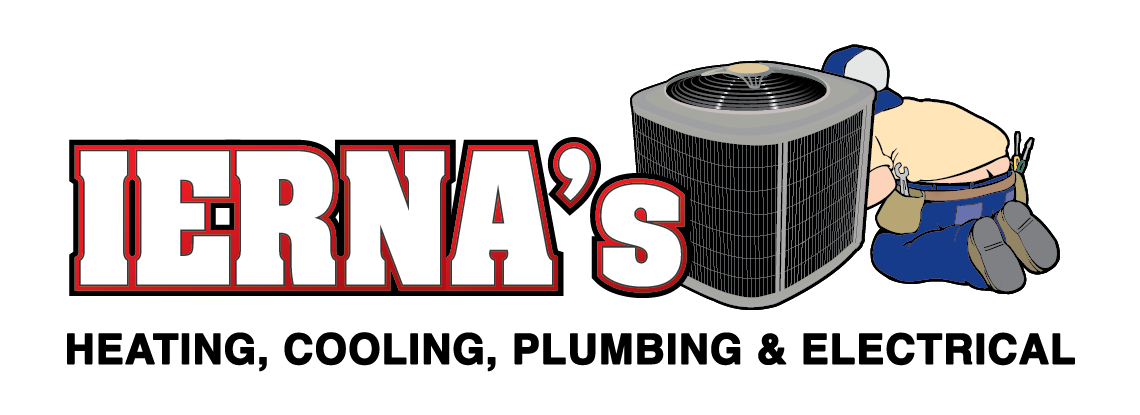
When hurricane season approaches, preparing is vital to weathering the storms. When people think of hurricane prep, they usually think of stocking up on water and food. But preparing your home’s HVAC system is just as important.
Table of Contents
Your HVAC system is one of your home’s most crucial systems. Without it, we’d wither in sweltering heat or freeze when the outdoor temperatures plummet to sub-zero temperatures.
In addition to HVAC systems costing thousands of dollars to repair or replace, ensuring your home maintains safe, healthy temperatures is essential. As a result, it’s imperative that homeowners take precautions to protect HVAC systems before and after the next hurricane. Learn about how to stay safe with these technician-approved HVAC hurricane tips.
What to Do Before a Hurricane Comes
You get the familiar warning on your phone: another hurricane weather system is fast approaching. When it comes to your HVAC system, the first step you want to take is to cool your home. That’s because, eventually, you will turn off your AC unit, so you want to ensure you’re starting at a healthy indoor temperature before shutting everything down.
Once you’re happy with the temperature, turn off your breakers that power the HVAC system.
You want to turn your HVAC off to keep your HVAC safe and the occupants in your home. That’s because turning off your HVAC system protects it from power surges and other electrical problems. Shutting down the system also reduces interior moisture buildup, which eventually will cause mold growth and other issues.
After you shut off the breakers, turn off the gas to the furnace. Then, secure outdoor units so nothing can blow away or become damaged. While rain is not harmful to your AC unit, falling debris is and can enact severe damage.
When you secure your outdoor unit, ensure you cover and protect it from tree branches, dirt, leaves, and other debris that will kick up once the hurricane begins. You’ll also want to make sure you clear off any loose items so as not to snap or damage your outdoor unit.
What to Do After A Hurricane Hits
Just because the clouds subside and the rain washes away doesn’t mean your work is complete. You’ll still need to inspect the outdoor and indoor units and be wary of gas and water leaks.

Inspect Outdoor Unit
Next, inspect the outdoor unit for any damages. Before doing so, check to see if it’s safe by ensuring the power lines are up and secure. Once they are, inspect the outdoor unit for any noticeable damage.
Ensure the outdoor unit is not flooded or damaged by shining a light and inspecting the unit. Try not to touch the unit, as you do not know if touching is safe. For assistance, contact a technician.

Inspect Indoor Units
Now you can inspect the indoor unit. While the indoor unit will not have gotten wet (unless your home has flooding), it could still be damaged from power surges, so proceed with caution.
If you have a window unit, plug in the unit, as plugging in appliances reduces the chance of overloading the circuit. Confirm the outlet is dry, as plugging in items to a wet outlet can electrocute you.
Look Out for Gas and Water Leaks
Gas and water leaks are hazardous. If you smell rotten eggs or a smell something similar to sulfur, you may have a gas leak. Alternatively, gas leaks make loud hissing noises.
If you suspect you have a gas leak, remove yourself, your family, and your pets from the home immediately.
Once you’re safe, contact 9-1-1 and await their instructions. Do not turn on any gas appliances, and do not make any phone calls while inside the house, as doing so could spark a fuse.
What About Window Units?
Window units are much easier to prepare for a hurricane as you must unplug and remove them from the window.
Keep the window unit in a safe, dry area until after the storm passes. Of course, make sure you use the window unit before unplugging it to enjoy safe, cool temperatures during the storm. Only plug the unit back in once you’re confident the electricity is safe to use.
Do You Need HVAC Repairs?
Need more guidance? Schedule maintenance visits, air conditioning repairs, and furnace repairs to get units inspected after a hurricane. Many stores sell hurricane-cover HVAC pieces to protect your outdoor unit in case of a severe storm. You can also buy HVAC hurricane straps to keep loose parts secure during a storm. Contact our team for your hurricane preparedness checklist and more HVAC hurricane prep. Call us for furnace repairs, humidifier repairs, and more after the next large hurricane.

